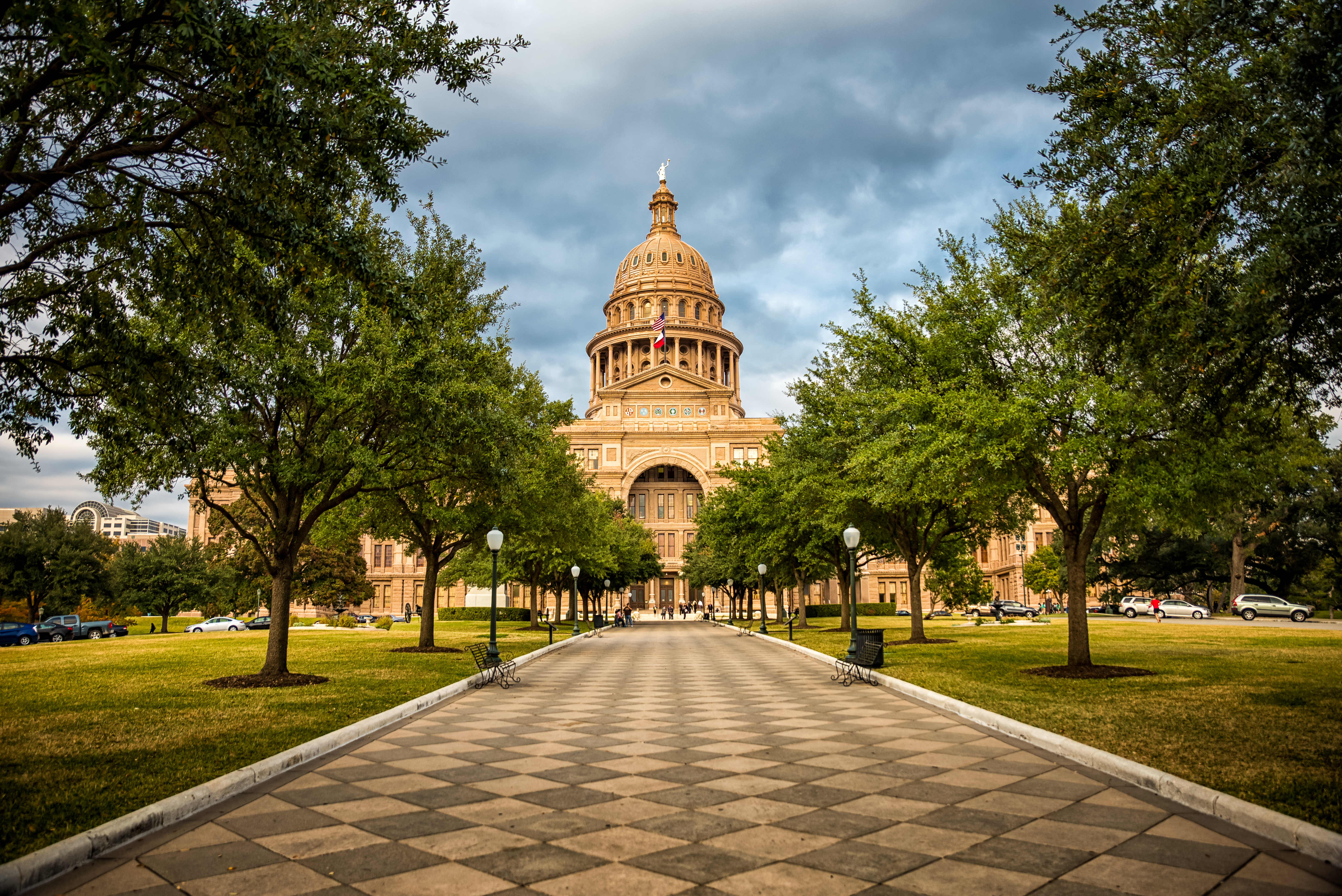About the Workshop
Recent advancements in QC platforms have not only allowed a steady increase in the quantity and quality of qubits but also introduced new capabilities such as mid-circuit measurements and real-time error detection. The ability to access run-time information, such as error flags and mid-circuit measurement results, presents new opportunities for exploring algorithms and quantum error correction (QEC) protocols. As quantum hardware scales up and becomes increasingly heterogeneous and distributed, a quantum OS will be responsible for executing error-correcting kernels (e.g., decoders), allocating systems resources (e.g. entanglement, magic states, etc), managing shared quantum memory (e.g., storage, and qRAM), and scheduling batch/concurrent programs and applications. Quantum OS is the essential tool that guarantees to sustain precision control of large quantum systems and manage quantum resources for practical QC applications. This workshop aims to explore how the emerging quantum systems enable and expand novel Computer Systems Research (CSR) opportunities and promote cross-disciplinary collaborations.
This workshop is supported by the US National Science Foundation Award #2435033.



Registration
All in-person attendees are required to register through the SOSP conference (by selecting “Workshop only” or “Conference+Workshop” option). For Workshop Only, the fees are $350 for ACM members and $400 for non-members. Price will go up after the early registration deadline of October 11, 2024.
Make sure to register for this workshop during the conference registration process.
Book of Abstracts
All the posters presented at the workshop were reviewed by the program committee (full llist at the bottom of this page). You can learn more about their work in the book of abstracts (listed by order of submissions).